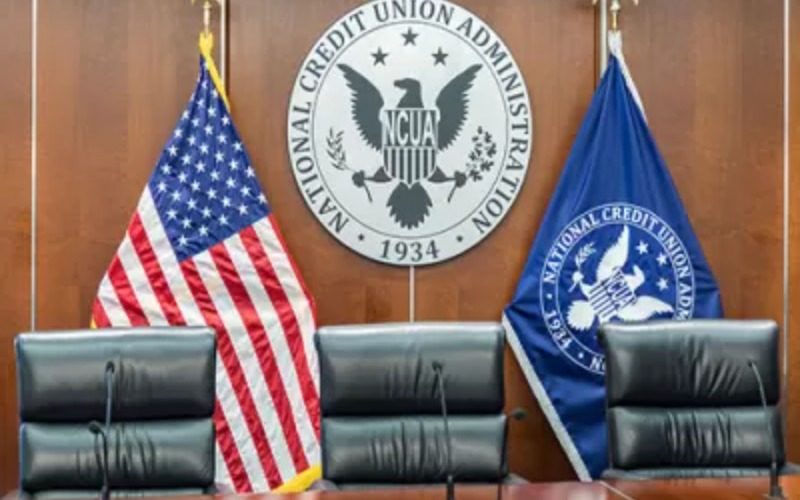NCUA Board Meets; Harper and Otsuka Attend
Posted by John Trull on July 24, 2025

The most significant development from today’s NCUA Board of Directors Meeting wasn’t necessarily an item on the published agenda, but the participation of newly reinstated Board Members Tanya Otsuka and Todd Harper. Despite the Administration’s request for a stay pending appeal of their reinstatement, the D.C. Circuit did not rule before the scheduled board meeting. As a result, the Board reconvened with all three members present for the first time since April.
The first agenda item focused on Artificial Intelligence (AI). Amanda Parkhill and Amber Gravius from NCUA presented an overview of how AI is both a growing tool for credit unions and a priority for the agency’s own innovation strategy. Parkhill emphasized the need for credit unions to conduct robust third-party due diligence, particularly around information security risks, but also stressed that AI is a viable and active tool already being used in the industry. To support this, NCUA is developing an AI resource page and is requesting stakeholder input on how the agency can assist credit unions in adopting AI responsibly.
Gravius offered insight into how NCUA is using AI internally from identifying anomalies in Call Reports and stress test modeling to language translation, cybersecurity, graphics, and coding assistance. She encouraged internal adoption of AI tools for efficiency but noted the importance of individual responsibility in verifying AI outputs. In discussion, Board Chair Kyle Hauptman noted the White House’s recently issued AI guidance and shared that NCUA is exploring AI integration in areas such as the Consumer Assistance Center. Harper, meanwhile, focused his questions on how the NCUA is training examiners to evaluate AI use at credit unions and how credit unions are expected to vet AI vendors. All three Board Members reiterated that credit unions are ultimately responsible for any compliance violations stemming from AI use.
Next, Shameka Sutton, the agency’s Ombudsman, delivered her annual report. She encouraged credit unions to contact her office in instances of perceived unfairness and shared that nearly 600 inquiries were received in 2024. Sutton underscored that while the Post Exam Survey is conducted by a third-party vendor, her office reviews the responses, many of which flagged preferences for onsite exams and concerns about duplicative requests, a concern GoWest has frequently raised with Western Region leadership. Parkhill affirmed that the agency is taking concrete steps to streamline information requests, which was a welcome acknowledgment. Harper suggested that the Ombudsman should function independently of the Executive Director’s office and proposed that NCUA create a public webpage that outlines regulatory requirements by asset threshold. Data breach inquiries from consumers particularly around deposit insurance protections also increased significantly in 2024.
The final agenda item was a briefing on the Central Liquidity Facility (CLF). Anthony Cappetta reminded attendees that the CLF is a statutory emergency lending facility, not a tool for general balance sheet expansion. While the CLF hasn’t made any loans in 2025, it remains available for emergency support and pays a consistently high dividend, with 447 credit union members and a goal to reach 460 by year-end. One advantage Cappetta noted is that the CLF does not require pre-positioned collateral, unlike the FHLB system though FHLBs tend to pay a higher dividend.
The meeting concluded shortly before noon, with Chairman Hauptman encouraging all stakeholders to provide feedback to the agency on the issues discussed.
The next meeting of the NCUA Board is scheduled for Sept. 18, 2025.
(Photo credit: NCUA)
Posted in Advocacy on the Move, Regulatory Advocacy.





















